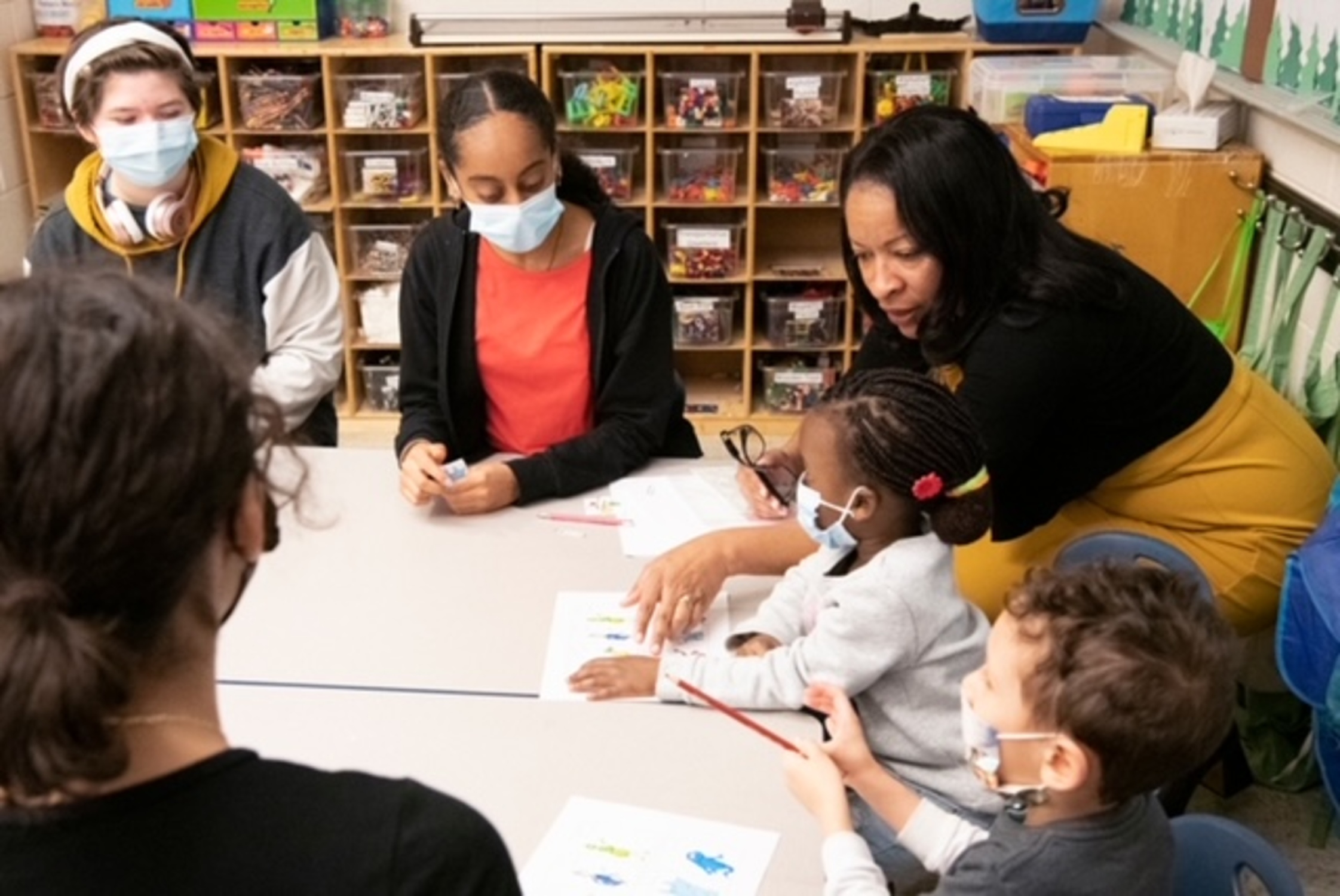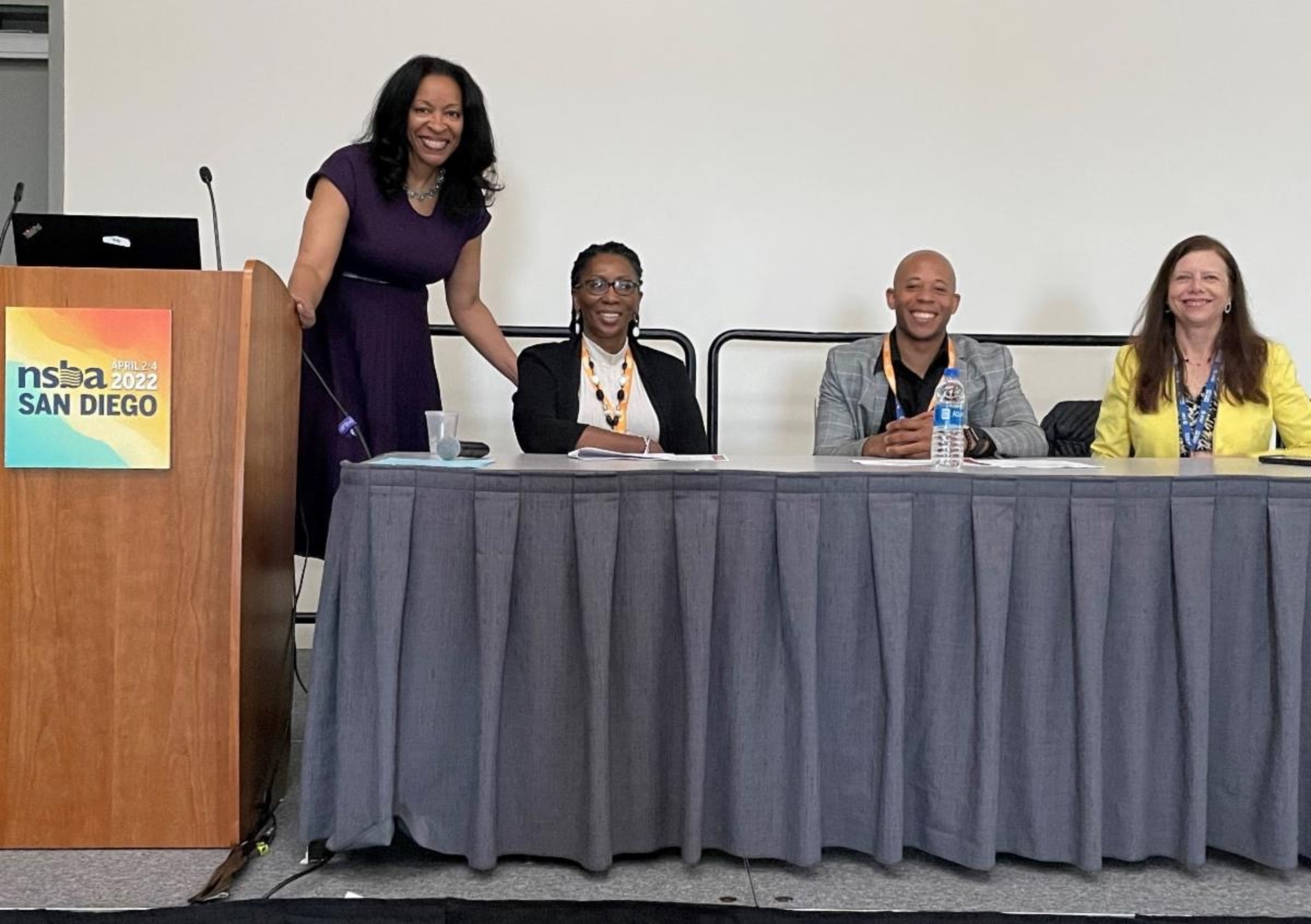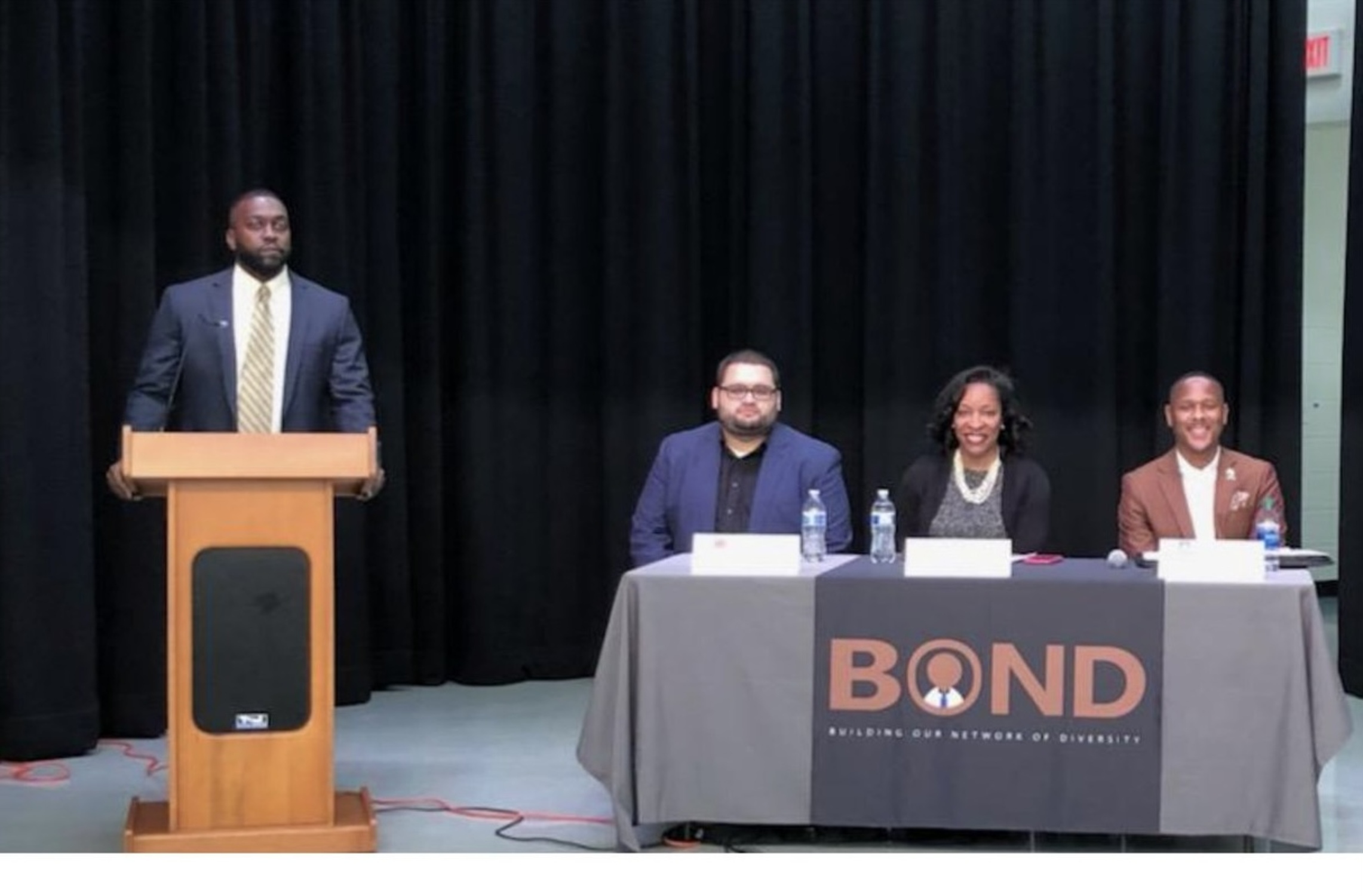
Issues
Prekindergarten Expansion

Shebra knows the importance of providing essential skills and support necessary for our youngest learners to thrive academically and socially. She understands that investing in early education establishes the foundation for a lifetime of learning. During her tenure as Board president, she testified at the state level on the recommendations of the Commission on Innovation and Excellence in Education to increase access and expand full-day Pre-K. The legislation eventually became the Blueprint for Maryland’s Future.
Locally, she has championed advocating for and obtaining funding for early care and education centers located in the upper and lower parts of the county and expanded half-day prekindergarten classes to full day. By continuing to prioritize investments in pre-K expansion the investments positively impact student success allowing all students to show up ready for kindergarten on day one regardless of socioeconomic status. We can reduce disparities for students whose families are impacted by poverty by providing high quality early learning opportunities.
Read MoreEducational Equity

Shebra has worked hard to create a more equitable and inclusive learning environment for allstudents because of her belief that every child deserves access to a high quality education, regardless of their background. She has spent the last eight years on her local board and in her roles at the state level maintaining her commitment to expanding access and opportunity so that all students have what they need to be college, career and community ready.
At the state level, serving as chair of the Maryland Association for Boards of Education (MABE) Educational Equity committee. She led the committee in developing a governance workbook. It guides any school board in any state on how to lead their district with equity as a focus. Since the establishment of the committee in 2017, Shebra has been instrumental in the discussions with local boards in examining how equity relates to student opportunity, learning and instruction in Maryland public schools and presenting at the National School Board Association (NSBA) annual conference. NSBA represents the interest of over 90,000 local school board members and over 50 million public school students.
Locally, thousands of elementary and middle school students have gained access to rigorous coursework through universal screening. Parents are no longer filling out applications, gathering recommendations or having to meet deadlines for their child to be considered for enriched programming. Access has been expanded to students in half-day prekindergarten classes and now enrolled in full-day classes. Regional International Baccalaureate programs are now offered at John F. Kennedy, Springbrook and Watkins Mill high schools allowing hundreds more students within a specific region of the county that is larger than the boundary school that houses the program. Career readiness programming are now being offered more readily throughout the county bringing together rigorous academics with real-world training to give students an early edge to college or a career field. Many policies separately and together define a commitment to valuing and celebrating the diverse student body and staff. Here are a few: ACA, Nondiscrimination, Equity, and Cultural Proficiency; the Guidelines for Respecting Religious Diversity; and Guidelines for Student Gender Identity.
Above are a few examples of how Shebra has worked to create change and remained committed to educational equity during her time on the board. There is much more to do and she needs your help and support to continue the work.
Read More
Recruiting and Retaining a Diverse Workforce

Teachers shape the minds of students and are the backbone of our education system. To ensure that all students receive a quality education, it is important to recruit and retain a highly qualified and diverse workforce. Shebra believes hiring individuals from diverse backgrounds has the potential to impact a student’s connection to their school, which allows for greater engagement with their academics as well as increase social-emotional learning.
Shebra has had the pleasure of working with an MCPS grassroots initiative called BOND (The Building Our Network of Diversity) during her time on the board. Her support and participation with BOND centered on a shared focus on the recruitment, retention, and development of male educators of color. The discussions took place locally for the benefit of any educator in the Washington metropolitan area and alongside BOND at a national conference focused on districts located in urban areas throughout the country called CUBE (Council of Urban Boards of Education), in addition to supporting their work at NSBA (National School Boards Association).
Read More
